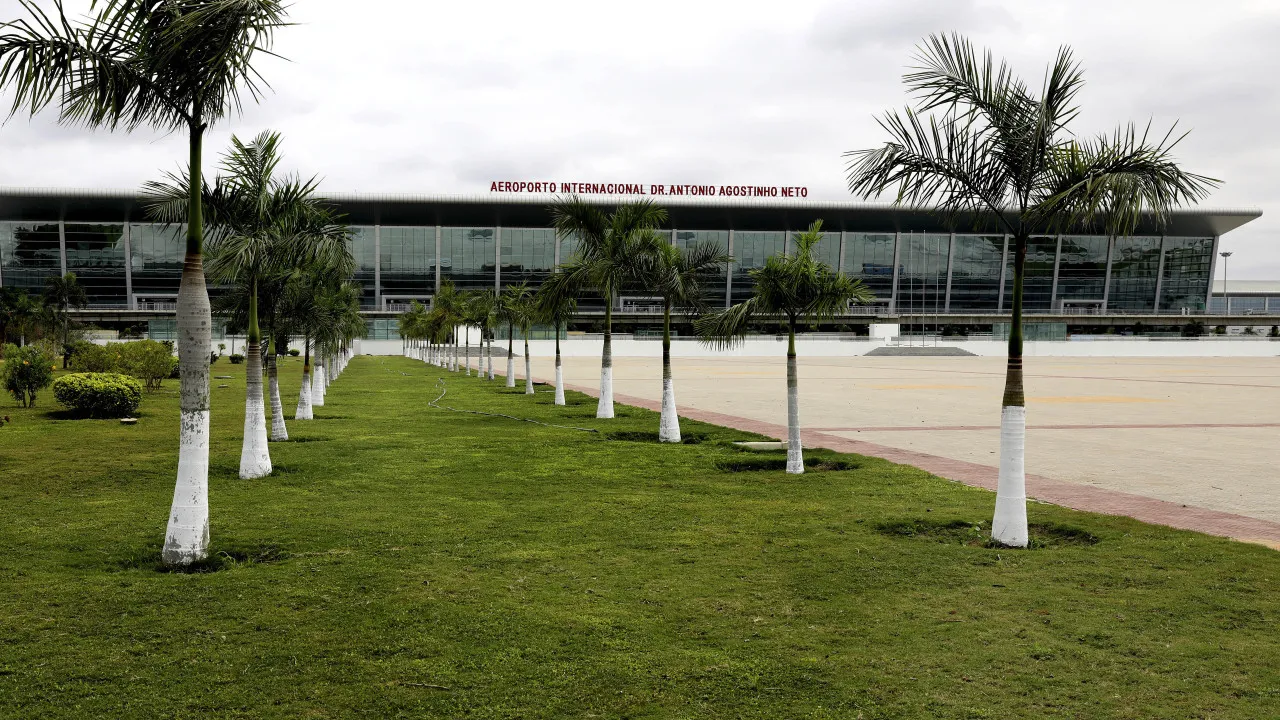
An amendment to the nationality law was announced by António Leitão Amaro following the Council of Ministers. The change allows judges to sanction naturalized citizens who have resided less than ten years in the country with the loss of nationality for committing certain “serious crimes” carrying prison sentences of five years or more.
Addressing concerns about the constitutionality of this measure, Leitão Amaro stressed that the proposed law, which will soon be presented to parliament, should not be confused with “hastily arranged regimes of automatic loss” of nationality for immigrants committing crimes in Portugal.
“We ensure that it does not apply to citizens with original nationality, it does not affect individuals without dual nationality, and there is a specific, autonomous, and deliberate judgment by a judge following a process. Hence, there is no automatic loss, but there is a sanction,” he explained.
The minister argued that by specifying the serious crimes to which the sanction can apply, the government achieves “a judgment of proportionality entirely in accordance with the Constitution.” He noted that the proposal was developed with “several constitutionalists and public law professors.”
“Honestly, I am genuinely convinced that it is a legally robust, firm, yet balanced and moderate solution, with a touch of firm but humanitarian rules,” he commented.
When questioned about Article 30 of the Constitution, which states that “no penalty involves as a necessary effect the loss of any civil, professional, or political rights,” Leitão Amaro highlighted the part concerning “necessary effect.”
“This would mean that the conviction itself results in the loss of rights, or in other words, that a criminal conviction would necessarily entail the loss of civil rights or citizenship rights. That would be unconstitutional,” he noted.
For Leitão Amaro, the fact that someone, naturalized for less than ten years and sentenced to a prison term of five years or more for a crime listed in the proposal, could face an additional sanction decided by a judge removes the automatic effect of the rule.
“There is no problem in complying with this constitutional provision; this constitutional provision is impeccably fulfilled with this regime,” he argued.
The range of crimes mentioned by the minister includes offenses against the state, such as espionage, terrorism, and treason, as well as severe crimes against individuals, including “homicide, rape, grievous bodily harm, extreme violence, and aggression against people and their freedom within national territory.”



